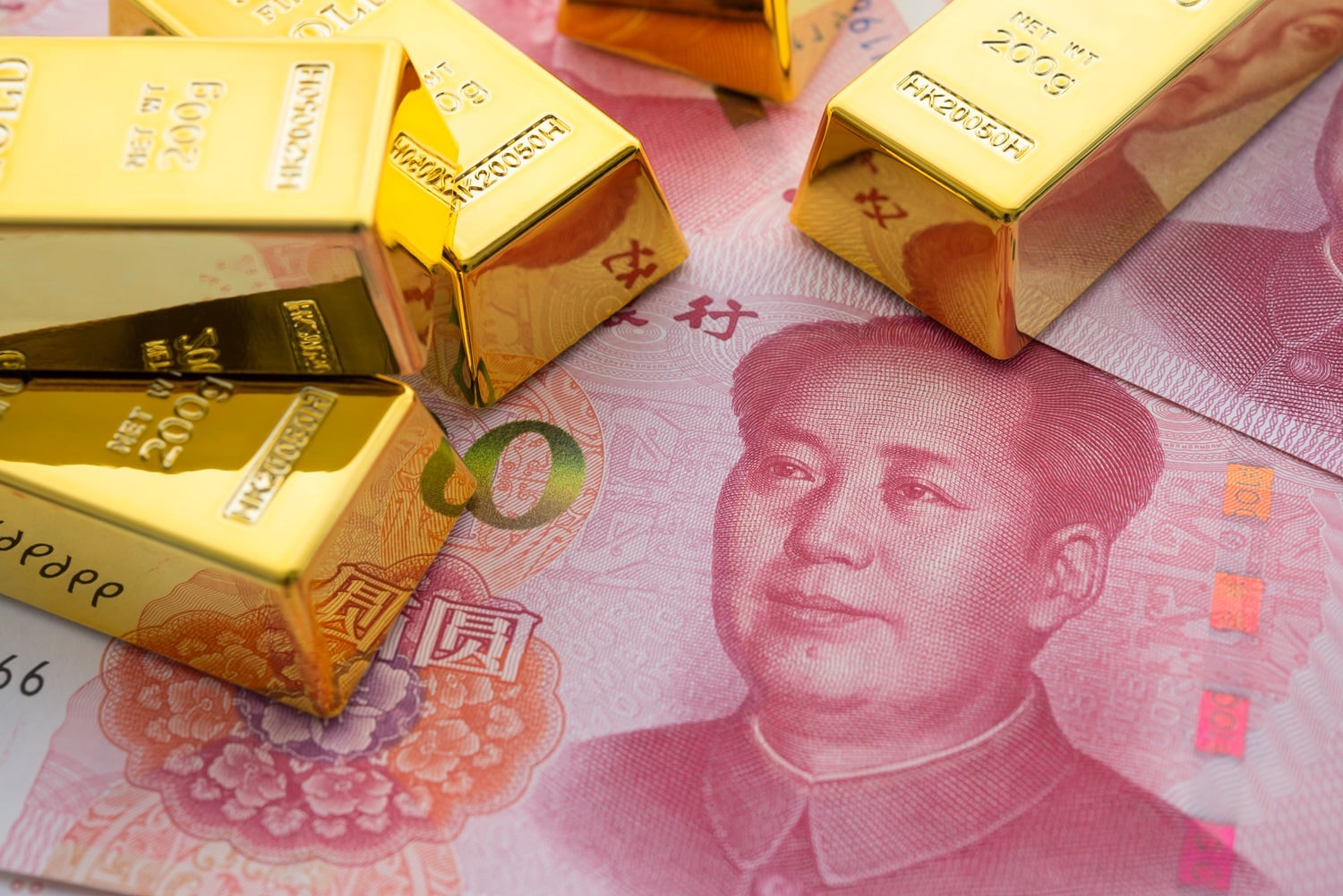Chinese Bank Seals First-ever Cross-border CBDC-powered Precious Metals Deal

The Bank of China has completed the world’s first cross-border CBDC-powered precious metals deal – a gold transaction worth some $14.1 million.
Per the Shanghai Securities News and the China Securities Network, the deal involved the Shanghai Branch of the Bank of China, the same bank’s Hong Kong branch, and the Shanghai Gold Exchange.
The Bank of China is one of the Mainland’s biggest commercial banks. It was among the first banks to join the pilot.
The move comes just days after the Bank of China processed a $3.4 million digital yuan payment for iron ore.
The iron ore deal, the first cross-border commodity deal made using the e-CNY, also involved Hong Kong and mainland Chinese companies.
Bank of China Inks First Cross-border CBDC Gold Deal – More to Come?
This year has seen China completely change its tack on the digital yuan’s use in the international arena.
Prior to 2023, the central People’s Bank of China (PBoC) had claimed that its coin was intended for domestic retail use.
But the PBoC and its partner banks have ended the year with a flurry of cross-border activity, including Hong Kong trade deals, as well as developments in Singapore and Taiwan.
The PBoC has also spoken of using the e-CNY to do business with Belt and Road Initiative (BRI) partner nations and Association of Southeast Asian Nations (ASEAN) members.
🇨🇳 China’s Ministry of Industry Aims to Foster NFT and Dapp Growth Despite Crypto Ban
China’s Ministry of Industry and Information Technology has published a document outlining its current and future work on developing Web3.#CryptoNews #Chinahttps://t.co/bUAfp68HHy
— Cryptonews.com (@cryptonews) December 20, 2023
Four overseas banks with a presence in China have joined a 60-bank-strong list of digital yuan partners.
Also working with the PBoC is the Chinese arm of BNP Paribas, which is headquartered in Shanghai.
BNP Paribas (China) is “providing support for foreign financial institutions who want to carry out digital yuan-related business.”
The France-based bank has faced criticism from United States lawmakers over its involvement in the pilot.
Senators have previously labeled the digital yuan a security concern. Lawmakers said the coin “may be used to surveil Chinese citizens and those visiting China on an unprecedented scale.”









